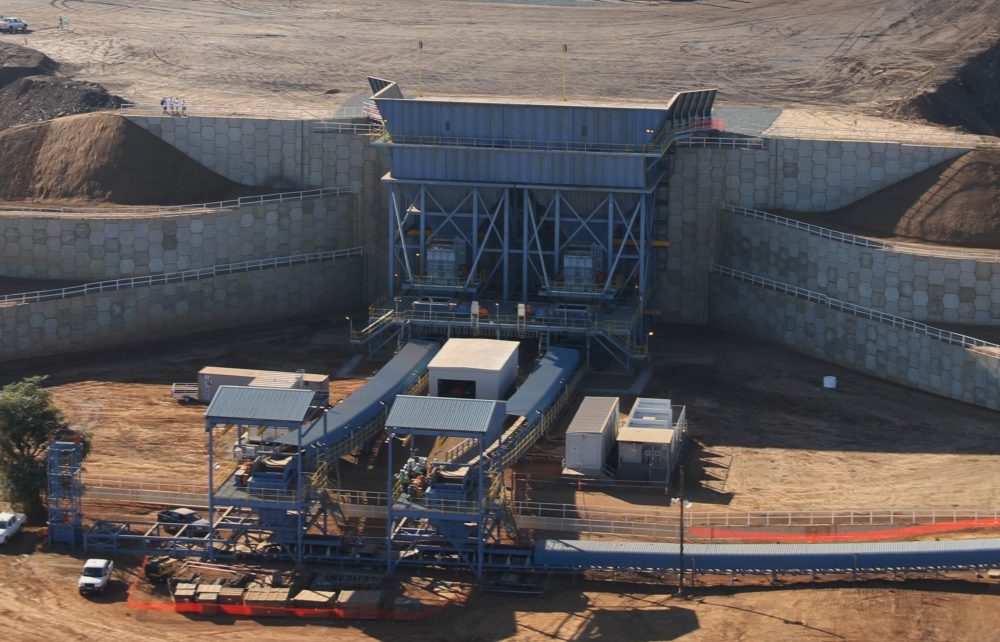Japanese trading houses are speeding up their efforts to shift away from coal and other fossil fuel assets amid a growing decarbonisation push worldwide.
To match an ambitious pledge by government of becoming a carbon neutral by 2050, Mitsui is pulling out from a coal mine in Mozambique after impairment losses reduced the book value of the stake to zero.
Mitsui is streamlining its energy portfolio with more focus on quality, rather than quantity, in exploration and production, CFO Takakazu Uchida said, quoted by Reuters.
Mitsubishi and Mitsui, which have a bigger exposure to energy and metals, are reshuffling their portfolios and reviewing decarbonisation strategy in light of the government’s 2050 goal and amid investor pressure to become greener.
Mitsubishi has already exited from thermal coal mines, but coking coal and liquefied natural gas (LNG) remain key profit drivers.
“Power generators use LNG and steelmakers need coking coal, which won’t end so quickly,” Mitsubishi CFO Kazuyuki Masu said.
“It’s a difficult task to advance decarbonisation while fulfilling our responsibility to secure stable supply,” he said. Mitsubishi will unveil a broad policy by March 2022.
The move comes as the trading houses are re-thinking their long-term strategies around upstream investment, Wood Mackenzie Asia Pacific Vice Chair Gavin Thompson, said in a recent note.
“If 2020 was a year for the re-evaluation of future plans, then 2021 looks to be the year of implementation,” he said.
Itochu said on Thursday it will offload its stake in a Colombian coal mine, shedding 80% of its thermal coal assets, and will sell the remaining stake in two Australian mines “as soon as possible.”
“Even at a hefty cost, we have decided to show our commitment to tackle global warming by showing concrete actions,” Itochu Chief Financial Officer (CFO) Tsuyoshi Hachimura said this week as the companies reported earnings.
Others are also accelerating divestment, with Sojitz moving forward its plan to halve its thermal coal assets by 2030, CFO Seiichi Tanaka said.
Japanese trading companies have already stopped investing in new coal-fired power plants, but Marubeni is expediting its plan to halve its stakes in coal-fired power stations by 2030.
“We will speed up as much as possible since contributing to combating global warming is a priority,” Maubeni CFO Takayuki Furuya said.
Known as “sogo shosha” in Japanese, trading houses play a key role in importing everything from oil to corn to sustain the resource-poor economy, but the recent divestment goes beyond coal amid an accelerating energy transition.
Sumitomo has quit the shale oil business by selling its stake in a U.S. project last year while Sojitz has trimmed its oil and gas assets.
The upstream oil and gas assets of Japanese companies are valued at over US$70 billion, with trading houses making up almost 30% of the total, according Wood Mackenzie’s Thompson.
“We expect the divestment of non-operated stakes in smaller oil and other non-core assets to gather pace,” he said, pointing to falling local demand for oil and gas.
“For several companies, beyond existing positions in LNG that are likely to remain intact, everything else may go. This is the sharp end of the energy transition,” he said.




